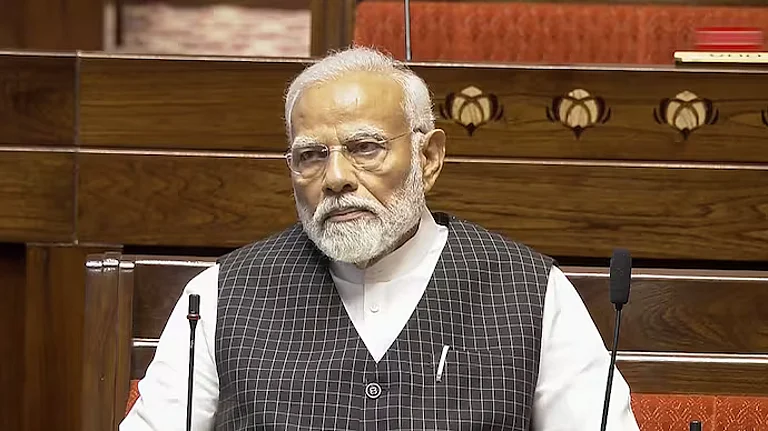
China launches World AI Cooperation Organization to set global AI standards
WACO promotes inclusive governance, boosting Global South’s AI access
Initiative counters US-led rulemaking amid intensifying US–China AI rivalry
Offers training, R&D partnerships, and open-source AI model sharing
Chinese Premier Li Qiang at the annual World AI Conference in Shanghai unveiled the World AI Cooperation Organization, a new international body aimed at shaping global standards for AI. Li warned delegates, many from developing nations, of an emerging AI “monopoly” and urged them to join China in forging inclusive governance frameworks.
The new Shanghai‑based organisation is China’s bid to challenge US influence over AI rule‑making by offering an alternative forum where all countries, regardless of economic might, can have a seat at the table. In his keynote address, Premier Li framed the initiative as a means of ensuring “safe and equitable” AI deployment worldwide, contrasting it with what he portrayed as a narrowly controlled ecosystem dominated by a few Western tech giants.
For many emerging markets, Chinese AI firms already present cost‑effective alternatives to compute‑intensive systems like OpenAI’s, offering solutions that require less energy and infrastructure. “China is coming to the table with an AI product mix tailored for lower‑income countries,” said Eric Olander of the China‑Global South Project, noting Beijing’s advantage in selling lighter‑weight AI tools to regions lacking vast data‑centre capacity.
This push echoes China’s earlier Digital Silk Road strategy, which saw Huawei and other state‑backed companies build telecommunications networks across Asia, Africa and Latin America. By seeking to set AI standards on security, ethics and industrial interoperability, Beijing aims to lay groundwork for its homegrown start‑ups to capture market share as global demand for AI soars, estimated to reach $4.8 trillion by 2033.
US-China Tech Rivalry
Global AI governance has quickly become a geopolitical battleground. US President Donald Trump, speaking last week, vowed to “do whatever it takes” to maintain American leadership, including countering Chinese influence in multinational bodies. Meanwhile Chinese Foreign Ministry official Ma Zhaoxu said the new organisation would begin by drafting technical and ethical guidelines, with membership open to any willing government.
Safety concerns loom large as both superpowers race toward artificial general intelligence. At the conference AI pioneer Geoffrey Hinton voiced support for an international consortium to address emerging risks, underscoring that establishing durable guardrails may yet require cooperation between rivals.
With the details of its charter still under wraps, China’s new AI alliance will test whether Beijing can translate its economic clout into lasting sway over the rules that govern the next wave of digital innovation.
What is WACO?
The World AI Cooperation Organization (WACO) is proposed as a multilateral platform to coordinate AI governance globally, bringing together governments, tech companies, academic institutions and international organisations.
WACO aims to establish shared rules for AI safety, ethics and transparency while also encouraging open‑source collaboration and equitable access to AI technologies. A key goal is to prevent dominance by a few countries or companies and ensure that AI development benefits all, especially the Global South.
China is promoting WACO as a complementary initiative to UN‑led efforts, rather than a rival. It is offering to lead on inclusive development, support developing countries with AI infrastructure and promote joint innovation through model sharing and technical assistance.
To gain international support, China is inviting over 40 countries to participate in AI governance talks and offering incentives such as training programmes, R&D collaboration and access to Chinese AI models. Major Chinese tech firms are also pledging to open‑source their models as part of this outreach.


































